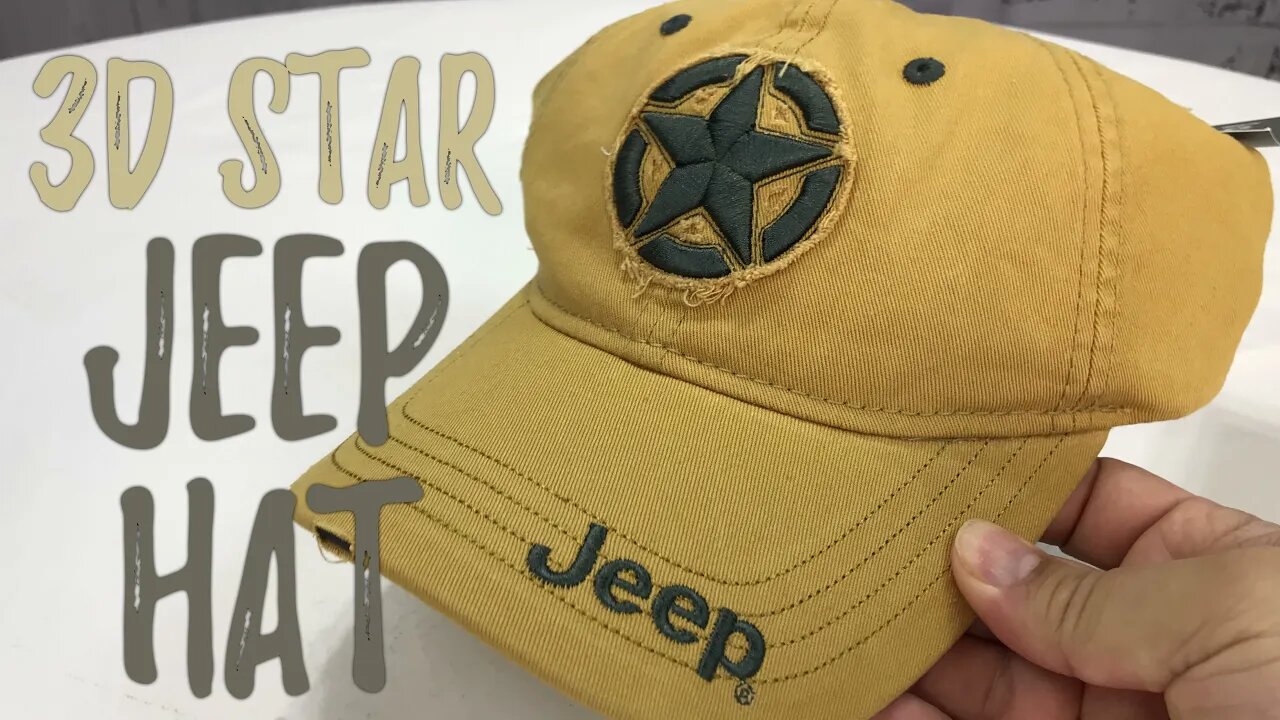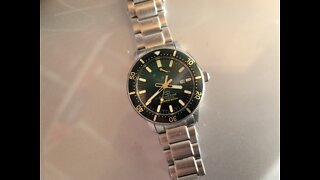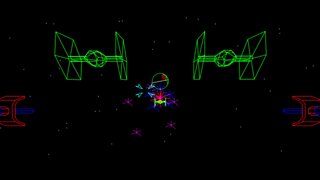Premium Only Content

Jeep 3D Star Baseball Cap Review
Get it on Amazon here... http://geni.us/XSA96S
Join this channel to help me bring you more vids...
https://www.youtube.com/channel/UCS-ix9RRO7OJdspbgaGOFiA/join
Join the free von Panda group here... https://panda-research-institute.mn.co
Get Peter von Panda gear here... https://petervonpanda.storenvy.com/
Instagram... https://www.instagram.com/petervonpanda/
As an Amazon Associate I earn from qualifying purchases.
Jeep
Jeep® 3D Star Cap
Add a great custom Jeep look to your style - with this neat hat!
Officially Licensed
Jeep star in 3D distressed centered front and Jeep logo on bill
One size fits most Yellow Twill cotton Jeep star in 3D distressed centered front and Jeep logo on bill A comfortable cotton cap with a weathered look, made for everyday wear.
Jeep is a brand of American automobile and division of FCA US LLC (formerly Chrysler Group, LLC), a wholly owned subsidiary of the Italian-American corporation Fiat Chrysler Automobiles.[3][4] Jeep has been a part of Chrysler since 1987, when Chrysler acquired the Jeep brand, along with remaining assets, from its previous owner American Motors Corporation (AMC).
Jeep's product range consists solely of sport utility vehicles – both cross-overs and fully off-road worthy models, including one pickup truck. Previously, Jeep's range included other pick-ups, as well as small vans, and a few roadsters. Some of Jeep's vehicles—such as the Grand Cherokee—reach into the luxury SUV segment, a market segment the 1963 Wagoneer is considered to have started.[5] Jeep sold 1.4 million SUVs globally in 2016, up from 500,000 in 2008,[6][7] two-thirds of which in North America,[8] and was Fiat-Chrysler's best selling brand in the U.S. during the first half of 2017.[9] In the U.S. alone, over 2400 dealerships hold franchise rights to sell Jeep-branded vehicles, and if Jeep were spun off into a separate company, it is estimated to be worth between $22 and $33.5 billion—slightly more than all of FCA (US).[8][7]
Prior to 1940 the term "jeep" had been used as U.S. Army slang for new recruits or vehicles,[10][11] but the World War II "jeep" that went into production in 1941 specifically tied the name to this light military 4x4, arguably making them the oldest four-wheel drive mass-production vehicles now known as SUVs.[12] The Jeep became the primary light 4-wheel-drive vehicle of the United States Armed Forces and the Allies during World War II, as well as the postwar period. The term became common worldwide in the wake of the war. Doug Stewart noted:[13] "The spartan, cramped, and unstintingly functional jeep became the ubiquitous World War II four-wheeled personification of Yankee ingenuity and cocky, can-do determination." It is the precursor of subsequent generations of military light utility vehicles such as the Humvee, and inspired the creation of civilian analogs such as the original Series I Land Rover.[14][15] Many Jeep variants serving similar military and civilian roles have since been designed in other nations.
The Jeep marque has been headquartered in Toledo, Ohio, ever since Willys-Overland launched production of the first CJ or Civilian Jeep branded models there in 1945.[16] Its replacement, the conceptually consistent Jeep Wrangler series, remains in production since 1986. With its solid axles and open top, the Wrangler has been called the Jeep model that is as central to the brand's identity as the rear-engined 911 is to Porsche.[17]
At least two Jeep models (the CJ-5 and the SJ Wagoneer) enjoyed extraordinary three-decade production runs of a single body generation.
In lowercase, the term "jeep" continues to be used as a generic term for vehicles inspired by the Jeep that are suitable for use on rough terrain.[18]
The CJ (for "Civilian Jeep") series were literally the first "Jeep" branded vehicles sold commercially to the civilian public, beginning in 1945 with the CJ-2A, followed by the CJ-3A in 1949 and the CJ-3B in 1953. These early Jeeps are frequently referred to as "flat-fenders" because their front fenders were completely flat and straight, no different than on the original WW II model (the Willys MB and identical Ford GPW).
The CJ-4 exists only as a single 1951 prototype, and constitutes the "missing link" between the flat-fendered CJ-2A and CJ-3A/B, and the subsequent Jeeps with new bodies, featuring rounded fenders and hoods, beginning with the 1955 CJ-5, first introduced as the military Willys MD (or M38A1). The restyled body was mostly prompted to clear the taller new overhead-valve Hurricane engine.
-
 0:47
0:47
Peter von Panda
1 year agoInstant Sinus Relief with Menthol Crystals A Natural Wake Up Call!
461 -
 2:31
2:31
KGTV
3 years agoCoach remembers Eastlake baseball star
8 -
 10:01
10:01
Rando Raf
3 years ago1 Year Review ORIENT STAR RE-AU0307E
181 -
 2:16
2:16
KGTV
3 years agoBaseball star killed in car crash remembered
57 -
 7:49
7:49
vintagevideogamegeek
3 years agoStar Wars Arcade Game Review
22 -
 16:32
16:32
BryanDeLay
3 years agoMLD Trail Star Tarp Review
19 -
 9:20
9:20
AChipOffTheOldBlockToys
3 years agoLego 75252 Imperial Star Destroyer Review
23 -
 4:07
4:07
thedirector24
3 years agoStar Wars: Visions Review
20 -
 16:09
16:09
Clownfish TV
22 hours agoSnow White Can't Even Break $100 Million?!
78.7K29 -
 59:02
59:02
Grant Cardone
3 days agoEric Trump's Road To The White House
12.2K7